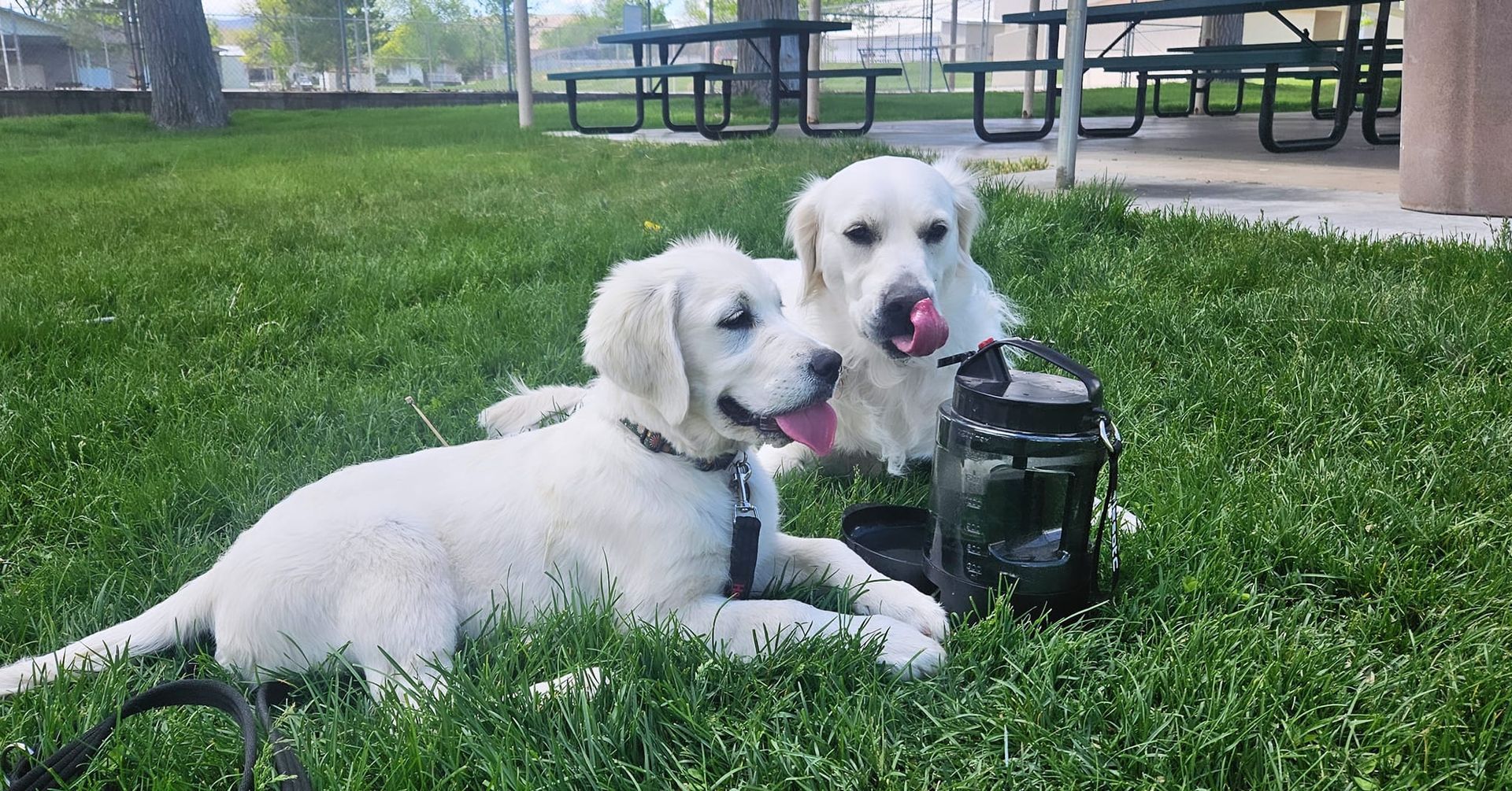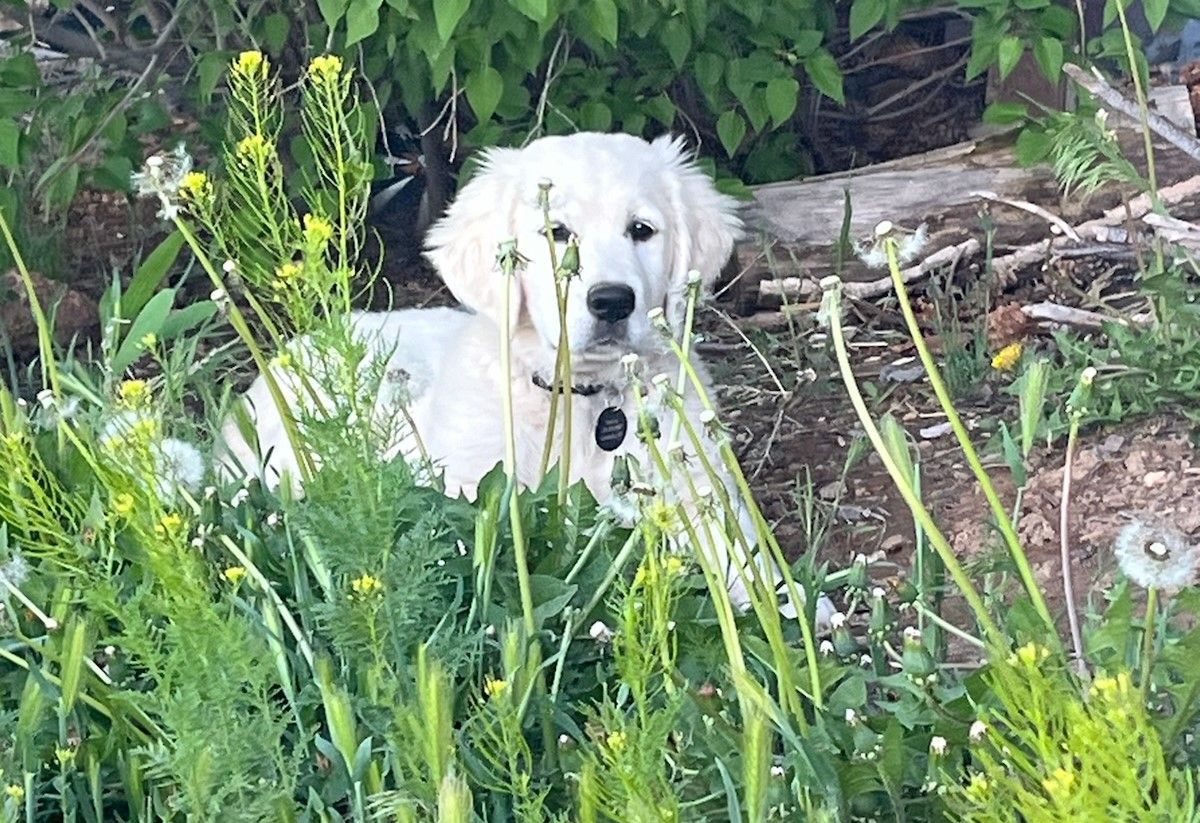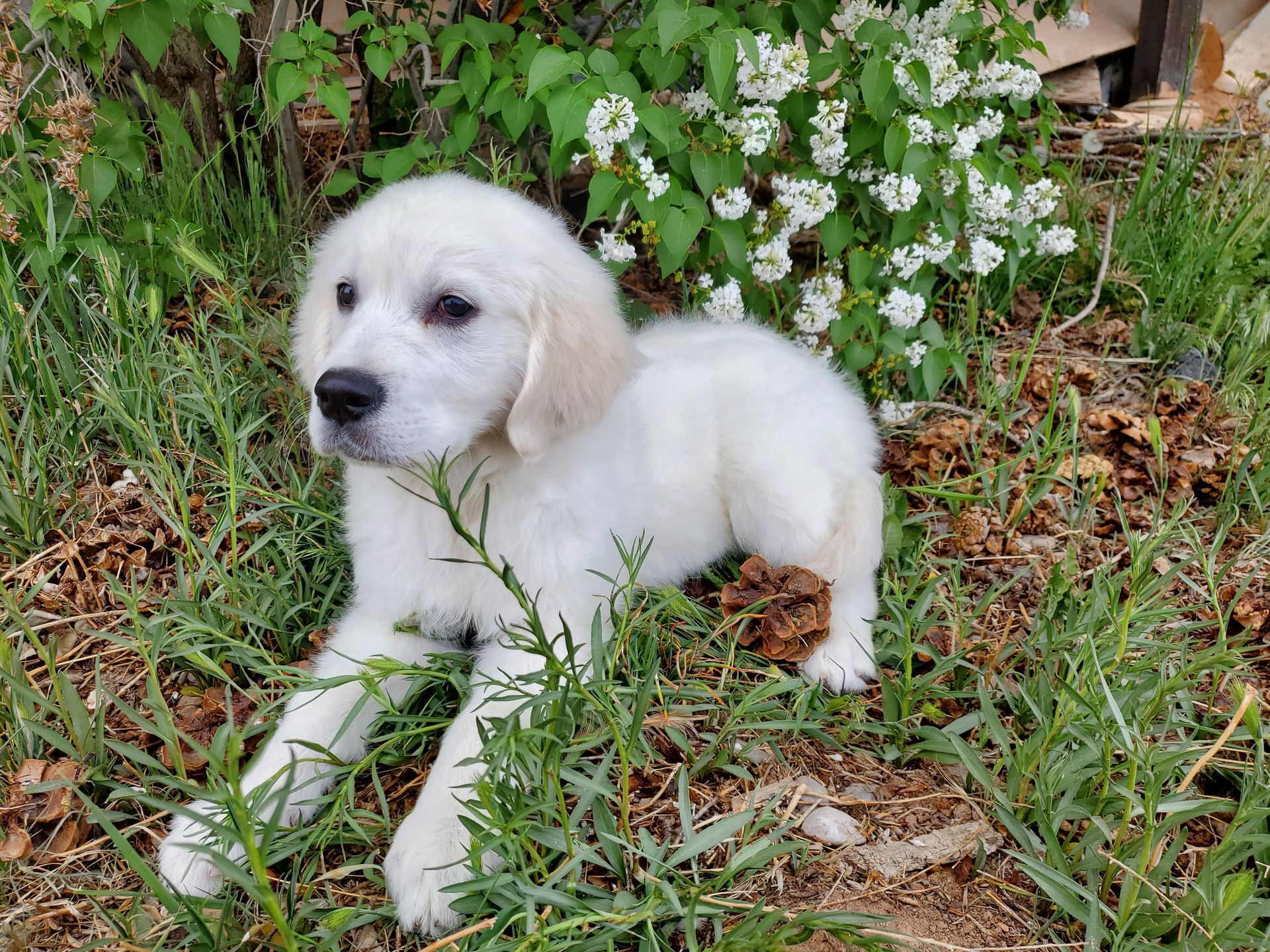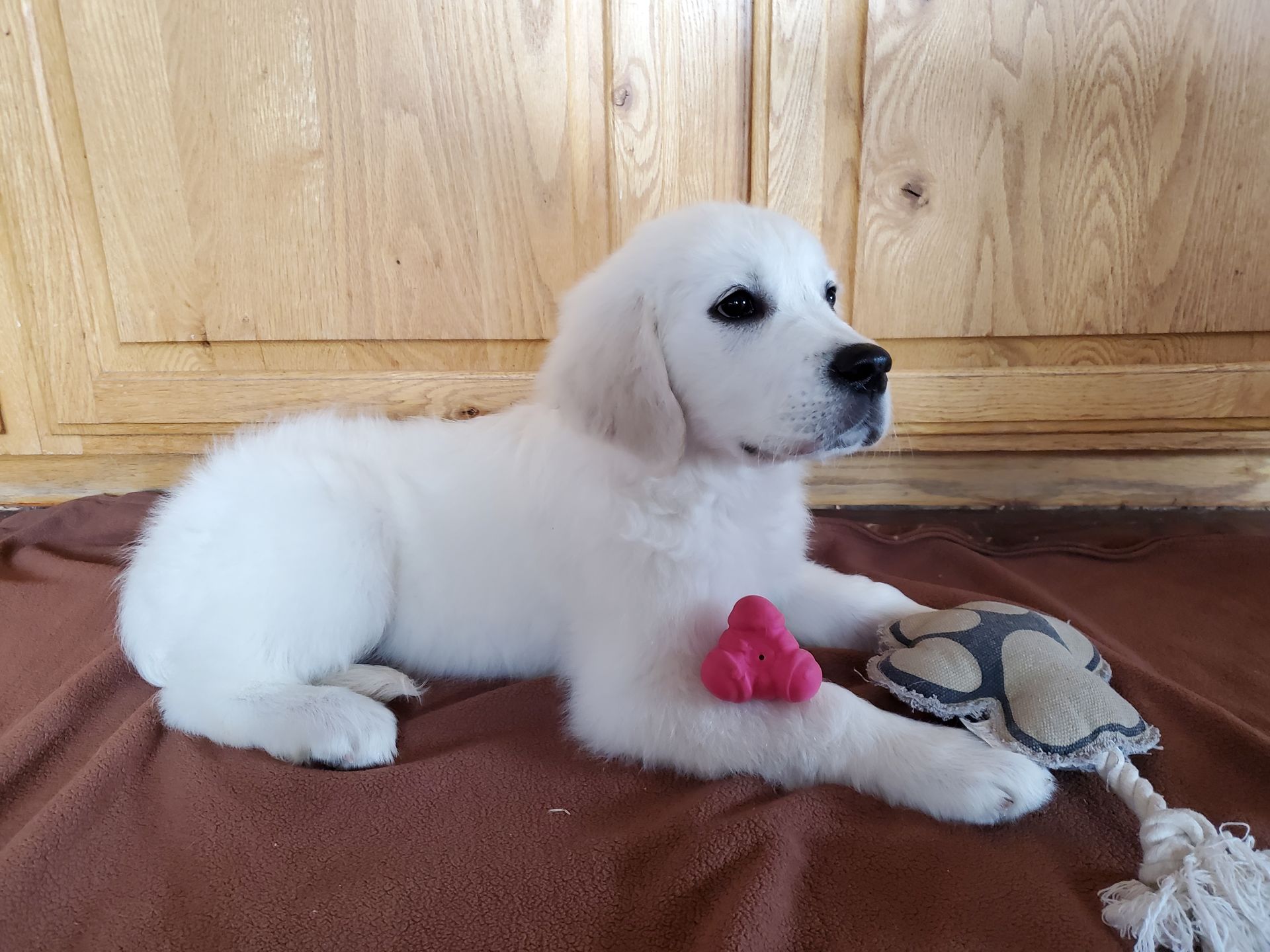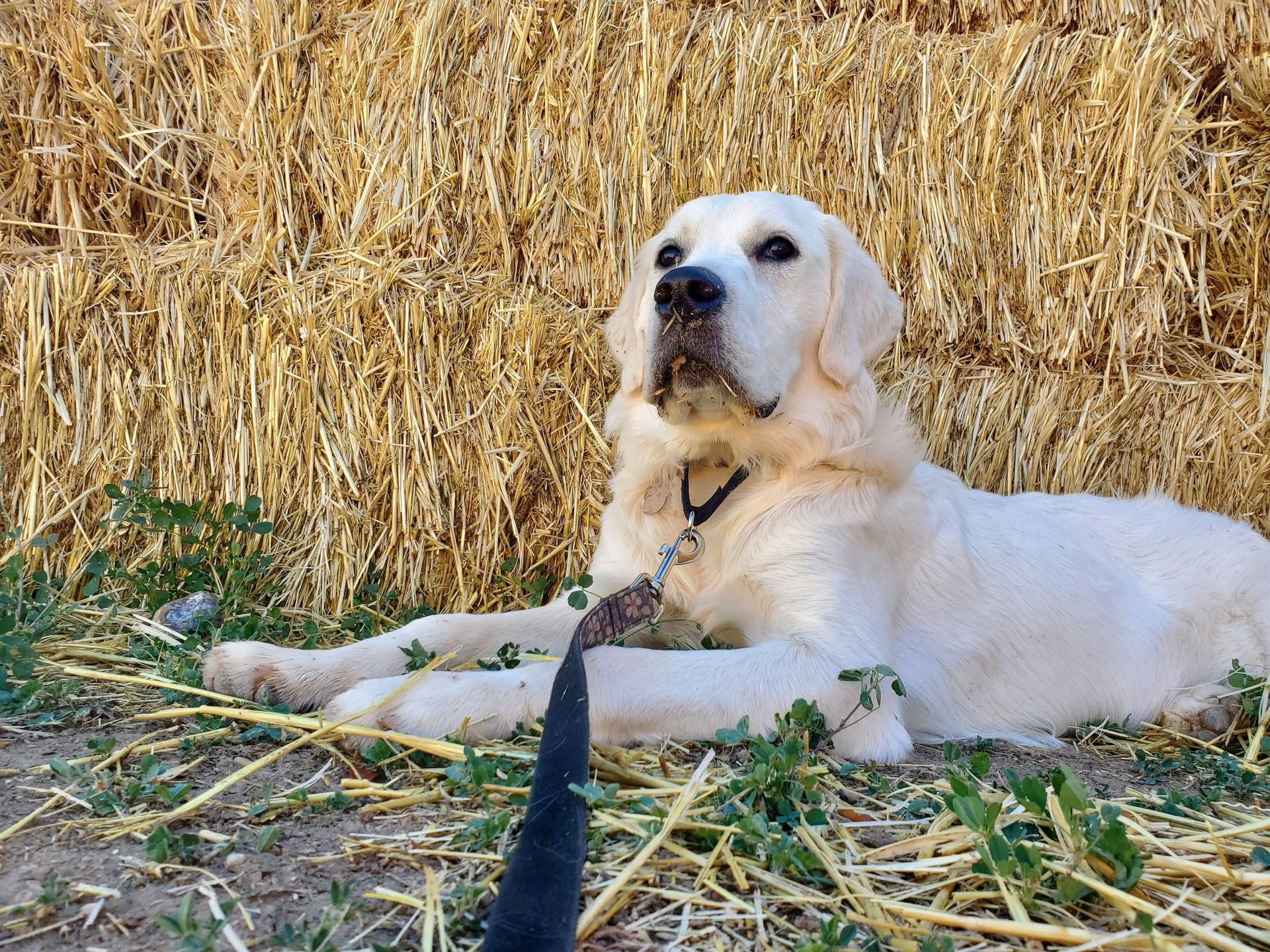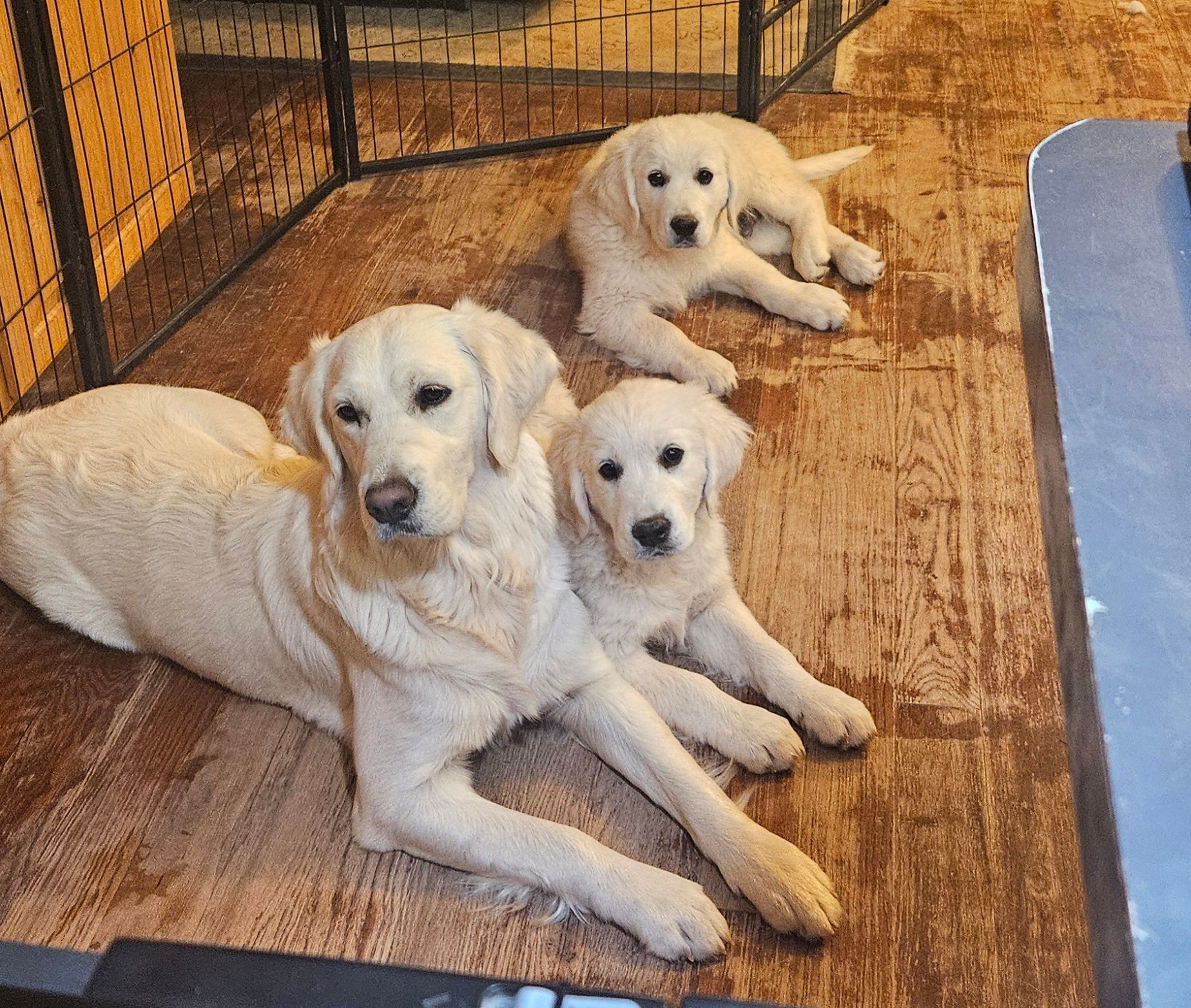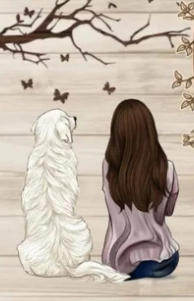Socialization
The Ultimate Guide to Puppy Socialization: Why It’s Important and How to Do It Right
Proper socialization is one of the most important aspects of raising a well-adjusted, confident dog. A puppy that is socialized early and consistently will be more likely to grow into a dog that can handle a wide range of environments, people, and experiences without anxiety or fear. On the other hand, dogs who miss out on socialization can become fearful, anxious, or even aggressive. In this guide, we’ll dive deep into what socialization is, why it’s critical for your puppy’s development, and how to successfully socialize your furry friend.
Why Socialization is Essential for Puppies
Socialization is about exposing your puppy to the world around them—sights, sounds, people, and other animals—in a positive and controlled way. The more experiences they have as puppies, the better equipped they’ll be to handle new situations as adults. Proper socialization leads to:
· Less fear and anxiety: Socialized puppies learn that new people, environments, and sounds aren’t scary. This helps reduce fear-based behaviors like aggression or reactivity.
· Confidence in new situations: Your dog will grow up feeling comfortable in different environments, from busy streets to quiet parks.
· Positive interactions with people and animals: Socialized dogs are less likely to develop behavioral issues like fear-based aggression toward people, other dogs, or pets.
When Should Socialization Begin?
The critical window for socialization is between 3 and 16 weeks of age, but it's never too late to start. Puppies are naturally more curious during this time, making it the perfect opportunity to introduce them to new experiences. While socialization is most effective during this period, ongoing exposure to new environments and situations is essential throughout their life.
How to Start Socializing Your Puppy
1. Introduce New Experiences Gradually
Socialization doesn’t mean overwhelming your puppy with everything at once. Start slow and build up their exposure over time. For instance, begin by introducing them to a few new people in a calm setting before taking them to a busy outdoor event.
· Tip: Short and positive sessions work best! Keep interactions brief and always end on a high note with praise or a treat.
2. Positive Reinforcement is Key
Make every new experience enjoyable by offering plenty of praise and treats. Your goal is to teach your puppy that encountering new things is a positive experience.
· Tip: If your puppy seems nervous, don’t force the situation. Give them space and try again later in a calmer environment.
3. Start with a Controlled Environment
It’s important to start your puppy’s socialization in safe, controlled environments. Begin in your home and yard, gradually exposing them to new household items, people, and sounds.
Puppy Socialization Checklist
To make sure your puppy gets the full range of experiences, here’s a comprehensive checklist to guide you:
List of Services
-
Household ItemsList Item 1
Introduce your puppy to everyday items they’ll encounter around the house. This helps them feel comfortable with the normal noises and objects they’ll see regularly.
- Vacuum, broom, and mop
- Washer/dryer
- Lawn mower
- Leaf blower
- Slamming doors
- Hairdryer
- Doorbell
-
TexturesList Item 2
Different surfaces can feel strange to puppies at first. Expose your puppy to a variety of textures to walk on.
- Grass
- Sand
- Rocks
- Water
- Dirt
- Cement
- Wood
- Sewer grates
-
PeopleList Item 3
Puppies need to meet a diverse range of people to learn that humans of all kinds are friendly and safe.
- People of different ethnicities
- Men, women, and children
- People with glasses, hats, or hoods
- Elderly individuals
- People in uniforms (like mail carriers or delivery drivers)
-
VehiclesList Item 4
Introduce your puppy to different types of vehicles to get them comfortable around traffic noises and moving objects.
- Cars and trucks
- Emergency vehicles (sirens)
- Bicycles and skateboards
- Garbage trucks
- Motorcycles
-
Sounds
Unexpected sounds can cause stress if your puppy isn’t used to them. Play different sounds at low volumes to desensitize your dog.
- Fireworks and thunder
- Babies crying
- Loud music
- Dogs barking
- Televisions and alarms
-
Handling
Getting your puppy used to being touched is critical, especially for vet visits and grooming.
- Handling ears, mouth, and paws
- Trimming nails
- Wiping their face
- Handling their tail
- Touching their belly
-
Experiences
New experiences build your puppy’s confidence and help them adapt to a variety of scenarios.
- Grooming sessions
- Baths
- Car rides
- Elevators
- Visits to the veterinarian
- Going through automatic doors
- Pet stores and dog-friendly outdoor events
-
Socializing with Other Animals
It’s important to introduce your puppy to other animals in a safe and controlled way.
- Large and small dogs
- Livestock (like horses or cows)
- Cats
- Small pets (like rabbits or guinea pigs)
Top Socialization Tips
1. Commit to early and consistent socialization
Start as soon as possible and keep exposing your puppy to new things as they grow. Early socialization is key, but even older dogs can benefit from continued exposure to new experiences.
2. Watch your puppy’s body language
Keep an eye out for signs of stress or fear, such as cowering, whining, or hiding. If your puppy seems overwhelmed, take a break and try again later in a calmer environment.
3. Join a Puppy Socialization Class
Puppy classes, such as the AKC’s S.T.A.R. Puppy Program, are a great way to expose your puppy to other dogs and people in a safe, supervised environment. These classes also focus on basic training and help build confidence.
4. Don’t rush the process
Socialization should be a gradual process. Allow your puppy to explore at their own pace, ensuring each experience is positive. Too much too fast can cause fear or anxiety.
Conclusion: The Road to a Well-Socialized Puppy
Proper socialization is a lifelong process that helps your puppy grow into a confident, friendly dog. With positive reinforcement, gradual exposure, and plenty of patience, your puppy will be ready to face the world fearlessly. Remember, every new sound, person, or experience is a learning opportunity for your pup. Start early, stay consistent, and watch your puppy grow into a well-rounded dog who enjoys life to the fullest!
